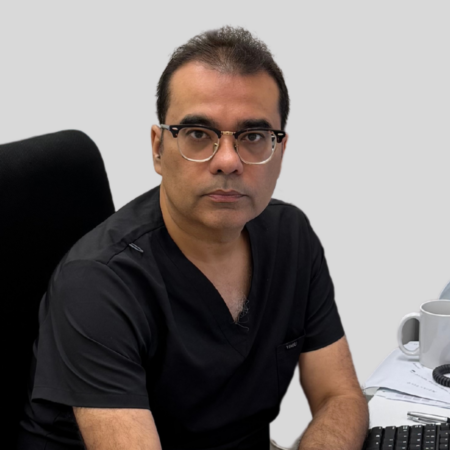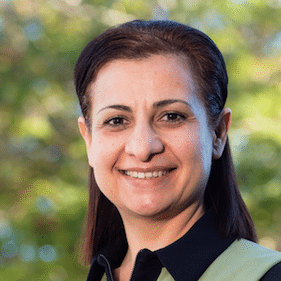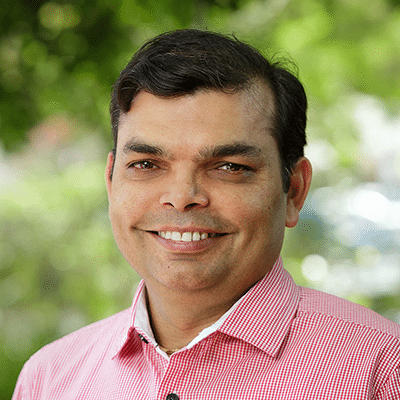Did you know that you can click here to use our ‘Doctor search tool’ to search for a GP by special interest, location, gender and language? Find a doctor who can help you with high blood pressure information and treatment.
High Blood Pressure
If your doctor has mentioned that you may be suffering from hypertension, you likely have some questions. We’ve gathered together some of the most frequently asked questions that doctors face and have all the answers for you right here. Read on to discover everything you need to know about hypertension, also known as high blood pressure.
What is high blood pressure?
High blood pressure is more correctly referred to as hypertension. It’s a reasonably common medical concern, but it can have devastating consequences if left untreated. High blood pressure leads to more pressure being applied to the walls of blood vessels, such as veins and arteries.
Should you be worried about high blood pressure?
High blood pressure and similar medical conditions, such as heart disease, are recognised by medical practitioners worldwide as among the leading health concerns facing Western society. High blood pressure, left untreated for long periods, can lead to atherosclerosis, which involves plaque formations causing blood vessels to become narrower, which in turn makes high blood pressure worse.
Atherosclerosis caused by high blood pressure can have a number of detrimental health outcomes, including:
- Stroke
- Kidney failure
- Amputation of limbs
- Aneurysm
- Heart attacks or heart failure
- Blindness
Different types of high blood pressure
There are two very broad categories of high blood pressure. If your high blood pressure is not caused by an underlying medical condition, it is referred to as primary hypertension. If, however, another health concern has led to you developing high blood pressure, it is referred to as secondary hypertension.
Primary hypertension can occur due to a wide variety of causes, such as your blood plasma volume, environmental pressures or hormonal imbalances.
Secondary hypertension can be caused by some of the following health concerns:
- Obesity
- Pregnancy
- Sleep apnoea
- Hyperthyroidism
- Kidney disease or chronic kidney disease (CKD)
- Diabetes
- Hyperparathyroidism
- Congenital adrenal hyperplasia
- Pheochromocytoma
- Cushing syndrome
How is high blood pressure treated?
Most people experiencing high blood pressure can go through some straightforward treatment procedures to wind back the symptoms. Generally, changes in lifestyle and diet are immediately recommended.
1. Exercise
Most doctors will recommend that their patients get at least thirty minutes of moderately intense physical activity every day. This is standard procedure for a wide range of medical conditions and may involve swimming, jogging, cycling or a similar level of activity.
2. Diet
There are a variety of dietary changes you can make. Chat with your doctor for some further understanding, or read on.
3. Mental Health
Often, the underlying causes of high blood pressure can be addressed through treating some mental health issues.
4. Medication
Some medications can exacerbate high blood pressure, while some may be used to address it.
What Causes high blood pressure?
High blood pressure can result from a number of possible causes. However, the underlying cause is often not known. In around 5% of cases, high blood pressure is caused by an underlying medical condition. One of the most common causes is chronic kidney disease. As the kidneys fail to filter fluid out of the blood, blood pressure increases, resulting in high blood pressure.
There are some risk factors and contributing factors for high blood pressure. If you can reduce your exposure to these risk factors or potential causes as much as possible, you may avoid developing high blood pressure or reduce its severity. Risk factors can include:
- Pre-existing health conditions – This may include diabetes, chronic kidney disease, high cholesterol levels or cardiovascular disease.
- Gender – Men are more likely to develop high blood pressure at a young age. It is more common in women who are older. However, the lifetime risk is roughly the same for both men and women.
- Vices – alcohol consumption and smoking can increase blood pressure and may be a contributing factor to hypertension.
- Ethnicity – Some ethnic backgrounds may be more likely to develop high blood pressure.
- Diet – A diet with many salty, processed and fatty foods may increase the likelihood of developing high blood pressure.
- Lack of activity – leading a sedentary lifestyle is associated with high blood pressure.
- Weight – Your weight is a contributing factor. Overweight and obese people are more likely to develop high blood pressure.
- Age – Generally, your likelihood of developing high blood pressure increases over the age of 60. This is primarily due to the steady build-up of plaque in blood vessels during your lifetime, resulting in narrower and stiffer arteries later in life.
What are the symptoms of high blood pressure?
It is entirely possible to suffer from high blood pressure without displaying any outward symptoms. For this reason, high blood pressure is sometimes referred to as “the silent killer”. Although you may not be displaying the signs of high blood pressure, it may be causing damage to your internal organs, such as the kidneys and cardiovascular system.
One of the best signs that you may be suffering from hypertension is high blood pressure. By regularly checking your blood pressure, whether during a check-up with a GP or by yourself at home, you can track and monitor changes over time.
Can diet affect high blood pressure?
Diet can absolutely affect high blood pressure. Following a few basic best practices can help you reduce your risk of developing high blood pressure or help reduce its severity if you have already been diagnosed.
Sodium
Reducing the amount of salt you consume to less than five grams per day is strongly recommended by many health professionals as one way to reduce your risk of developing hypertension.
Alcohol
Lowering your alcohol consumption is generally recommended for moderate to excessive drinkers. However, maintaining a maximum level of two standard drinks a day for men and one for women can radically improve your blood pressure levels and may reduce your risk of stroke.
Fruits and vegetables
This is good advice for most people, but particularly so for those who may be suffering from or at risk for high blood pressure. Increase your vegetable intake! Everyone should be consuming several different varieties of fruits and vegetables per day. Some of the foods recommended specifically for managing high blood pressure include:
- Whole grain bread and other foods high in fibre
- Beans and nuts
- Fish
- Olive oil
- Chicken
- Low-fat dairy
As always, speak with your GP before making any radical changes to your lifestyle or diet. They’ll be able to work with you to develop a plan for you moving forward.
Book an appointment
Need to book an appointment to discuss high blood pressure?























